Last updated on March 25th, 2024
Featured Image: Tita Manice has let her passion for beekeeping take her around the world
The Travelling Beekeeper
By Carolyn Ray, Editor-in-Chief, JourneyWoman
Tita Manice has travelled to 68 countries, including India, New Zealand, Bhutan and Morocco, to name a few. Her passion for the uncharted path is equalled only by her passion for small insects – bees – that inspire her to seek out beekeepers and honey around the world.
“Many people go to France or Italy to taste wine – I taste honey,” Tita says. “If I really like a honey, I will contact people locally and say, ‘Where can I find a beekeeper?’ Sometimes I go on wild goose chases, sometimes I’m kind of lucky and the person in the store says, ‘That’s my uncle, I’ll take you there.’ I’ve been very fortunate to find beekeepers on all my travels.”
A family history of beekeeping
Tita has been around bees most of her life, from about age 13. Her father Michael was a tremendous influence. Growing up, he kept bees in Long Island, and expanded it into a cottage business in Costa Rica, where he had hives across the country and sold honey in the local markets.
“I used to spend hours sitting at the edge of the woods while he was out in the beehives with no protection except for a veil,” she says. “Nothing on his hands, no bee suits, just a couple of shirts and a pair of pants – it would just amaze me. He’d be so calm and so quiet and move so carefully. I’d be on the sidelines jumping around saying: When are you going to be done? I want to taste the honey!”
You might not think that honey is different around the world, but according to Tita, it is. New Zealand’s Manuka honey is world-famous for its medicinal properties but isn’t her favourite to taste. The manuka plant or the bush produces a lot of hydrogen peroxide and has a bitter aftertaste.
“When I was in New Zealand, I showed a funny face when tasting it in this little shop in a bee yard,” Tita remembers. “The guy said, ‘What’s the matter?’ and I said, ‘Well, I don’t really care for it’, and he says, ‘Well, what medicine have you ever liked? You know, this is medicine you’re eating.’ That shut me up quickly.”
One honey that Tita did enjoy was in Morocco. “The Moroccans eat a lot of honey. I would peruse the marketplaces and in every other stall, people were selling bags of honey, bees and bee equipment. I didn’t actually get a chance to go to a bee yard, I just saw some broken-down hives in a field. So I didn’t actually get to visit any bee yards in Morocco.”
But she did in Bhutan. “Bhutan was fascinating because it’s at such a high elevation and produces a very dark honey that’s darker and delicious, really yummy, with a strong maple-like flavor.
The beekeepers there are very laid back, they just get a box and put a tin roof on top. It’s not fancy like what we have here in this country. They don’t wear any bee equipment, they just go out. They may wear a veil but they’re very laid back.”
Cuba, she says, produces the most magnificent honey you could ever imagine. “In Cuba, the honey from the tobacco plant was quite unique,” she says. “Also to dip the cigar into the honey, and have the taste sensation with the smoke, all in one, was really fun!”
And in Italy, Tita says the grape and olive influences are a treat in the honey. Bali’s honey is ‘beyond delicious’ and light in flavour, with its aromatic exotic flowers.
One her most memorable experiences is observing a seven-year old African boy in Tanzania, climb a tree barefoot wearing only a pair of shorts.
“With fire burning at the base of the tree to smoke the bees and onlookers, he grabbed handfuls of bees, honey and wax and threw down into a primitive bucket,” she recalls. “There was lots of screaming and cheering!”
Most anywhere in the world, everyone knows where to tell you how and where to find a local beekeeper. Beekeepers pride themselves and love to share their story about how they got started and why. Pretty simple…fascinating how Bees contribute to so many natural products…
What bees can teach us
Tita, who calls herself an ‘out in the country kind of gal’, is always on the move. Not only is she a beekeeper, but she’s trained as an operating room nurse and yogini.
Among her many experiences travelling, she enjoys visiting remote areas in countries like Bhutan, Vietnam, Cambodia and Chile, and combines her interest in beekeeping with spiritual retreats, nature and ancient cultural rituals.
In her experience, she says bees, like us, love to travel. And, they give us hope for the future.
“I sit down there by the hives and I watch them just zoom off, touch off, take off. When they land, they’re loaded with pollen and nectar and it’s like their suitcases are full. They go out again with empty suitcases and they come back again with all kinds of goodies. The scouting sister comes back to the hive to show the other sisters where the best source of food can be found, by doing a dance. The dance shows them exactly where the gold is.
“It just gives me such hope to see these little gals fly out and spend hours a day looking for pollen, looking for nectar and coming back. They’re coming back to a great community and they have things to tell and things to share. It’s the same thing with travel. You go out and you gather information and you talk to people.”
A world without bees
Bees are huge pollinators, as are bumblebees and butterflies. But they are also endangered.
“If we lose the bees, we’re going to lose a lot of trees; almond trees, fruit trees, vegetables, not to mention flowers,” Tita says. “It would be devastating. We want to keep the bees alive, they’re great pollinators.
Their biggest enemy is pesticides, as well as varroa mites and other diseases. She advises: “If you see a person buying Roundup, just tap them on the shoulder and tell them to put it back on the shelf. One of the biggest killers of bees are these chemicals that people are putting on their grass and on their gardens. The bees touch down all the time on the grass and flowers and the chemicals that we’re using to supposedly help our plants and killing the bees.”
There’s only one queen in a hive and she lives to be about five. “After that, they kind of say, you know, “Momma you’re not laying enough eggs for us to do our work”, so they’ll either kill her or they’ll rear another queen,” Tita says.
“The queen is amazing. It only takes 16 days for her to emerge, which is interesting whereas the worker bee takes about 24 days to form. They basically do everything. They groom the queen, they feed the babies, they build the comb, they guard the entrance, they forage for nectar.”
And don’t get Tita started on the reproductive habits of bees, and drone congregations.
Learn more about bees in “The Secrets of Bees” interview with Tita
Kinds of Honey to Buy
Tita recommends not buying honey in a grocery store because it can be diluted with corn syrup, sugar water or sweeteners. She suggests visiting a beekeeper or an organic store for honey and raw honey.
“A lot of honeys get heated to the point where you’ve killed all the organisms in the honey and all the naturalness in the honey,” she says. “I sell just raw honey. What that means is I take the honey out of the comb, I extract the honey through one filter and put it in a jar. When I sell it to friends they say, ‘Tita, I found an antennae in my honey”. I say great, a little source of protein. It’s not the end of the world, you want all the protein and the enzymes that are in honey and if you heat it up you wreck all that.
You just destroy the integrity of the honey and its medicinal uses and how healthy it is for you. Don’t go buy a teddy bear honey, buy it locally. Help support beekeepers. You know, this is a very expensive hobby and I learned that pretty quickly. When my bees would swarm and I would go, “My god, that’s $200 worth of bees that just swarmed” and I just got the bees last week.”
Bee Salve for Travelling
While Tita enjoys beekeeping, the start-up costs can be expensive.
“I really wasn’t making any money selling the honey so I decided to do something with the wax. My husband kept complaining about the honey around the house. He said: ‘There’s honey on every handle, there’s sticky floors, can you do something with the wax’.”
Tita started cleaning the wax and invited a friend to come up from Rhode Island. She suggested Tita make salve by combining the wax with essential oils, like lemongrass, pink grapefruit and ylang-ylang.
After ‘fooling around in the kitchen’, Tita took the salve to her yoga class. “I knew they’d be honest with me, I said, ‘Listen you guys, I made this product and I’m thinking about marketing it and I want your opinion. I have eczema and it’s really great for dry skin, what do you think’.”
They sampled it and they said, “You need to go into business immediately!”
For five years, Tita did just that with a product called Best Bee Savvy (You can read more about it in our Things She Loves section). Salve is antibacterial, antifungal and antiviral, making it perfect for travelling.
“I don’t even get on an airplane without putting my salve on,” Tita says. “I only need a little bit and it protects me from bacteria and fungus, and hydrates my skin because we get so dehydrated when we travel, especially on an airplane. It’s a lovely little product for travelling. I put it on my face and hands and pretty much everywhere.”
Bees: the Unsung Heroes of Nature
According to Tita’s twin brother Tom, their dad was a kind person who loved animals of all kinds – dogs, cats, birds – and gardening and flowers. Tom says that Tita, as the only girl with three brothers, was the apple of her dad’s eye.
Bees contribute to both the beauty and food supply of nature in incredibly important ways. The next time you see a bee, don’t harm it. They’re gentle creatures that are just going about their business, pollinating the world and keeping the Queen happy.
Other Authentic Experiences To Entice Your Travel Bug
How to Travel Solo in Your Own City: Ten Tips to Fire up Your Inner Wanderer
Yes, you can travel solo travel in your own city or country. Here are nine tips to get you started on your adventures!
The Top Once-in-a-Lifetime Travel Experiences Every Woman Should Have, Including the Northern Lights, Camino de Santiago and More
The Once-in-a-Lifetime Travel Experiences every woman should have, including the Northern Lights, Camino de Santiago and more.
Women Share Their Best “Once-in-a-Lifetime” Solo Travel Experiences
Once-in-a-lifetime travel isn’t just about the destination, it’s about adventure, learning, and journeys of the soul.
5 Things Women Travellers 65+ Know That Make Them Ageless
Women Travellers 65+ share their wisdom and show us how they embrace life – and travel – to the fullest.
How Women Find Healing and Renewal in Solo Travel
When faced with loss or grief, we intuitively turn to travel for wellness and healing, as shown in these inspirational stories of renewal.
Rediscover Toronto with the Honourable David Crombie, Former Mayor of Toronto
Former Toronto Mayor, the Honourable David Crombie, shares his insider tips to rediscover Toronto’s ravines, waterfront and green spaces.
Malta, the Fascinating Mediterranean Island You’ve Never Heard Of
There’s more than meets the eye in Malta, a Mediterranean island at the crossroads between Europe, Africa and the Middle East.
Malta’s Megalithic Temples Make You Wonder: Did Giants Once Live Here?
Malta is home to seven megalithic temples, dating back over 5,000 years, which are among the world’s earliest free-standing stone buildings.
Decluttering in Midlife: Erica Ehm Makes Space for Her Next Chapter
Erica Ehm has found that decluttering can help clear space, both emotionally and physically, for the next chapter of our lives.

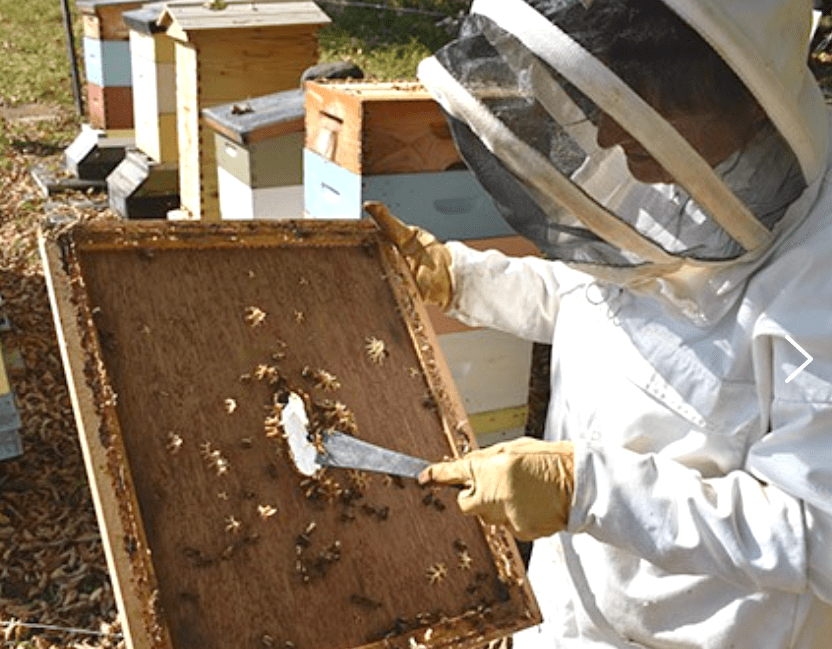


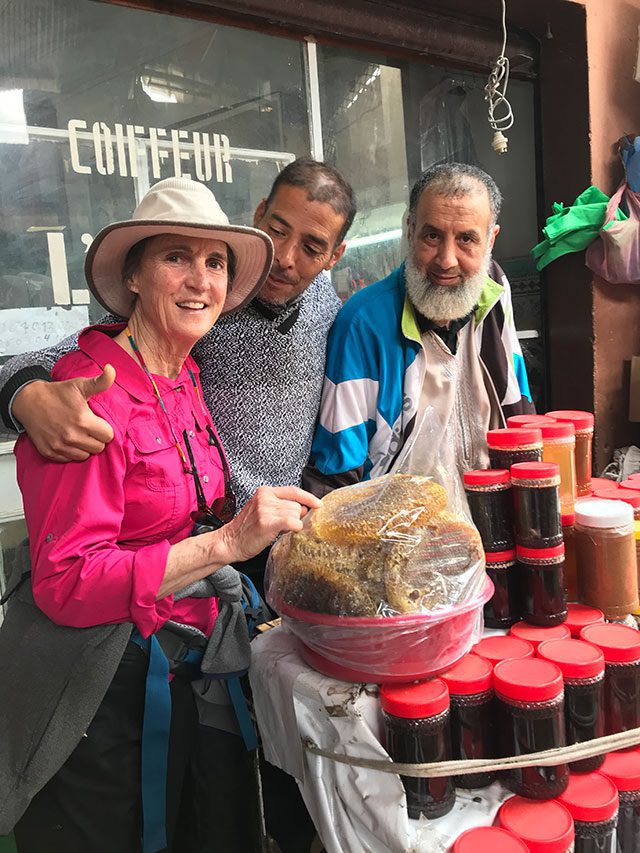
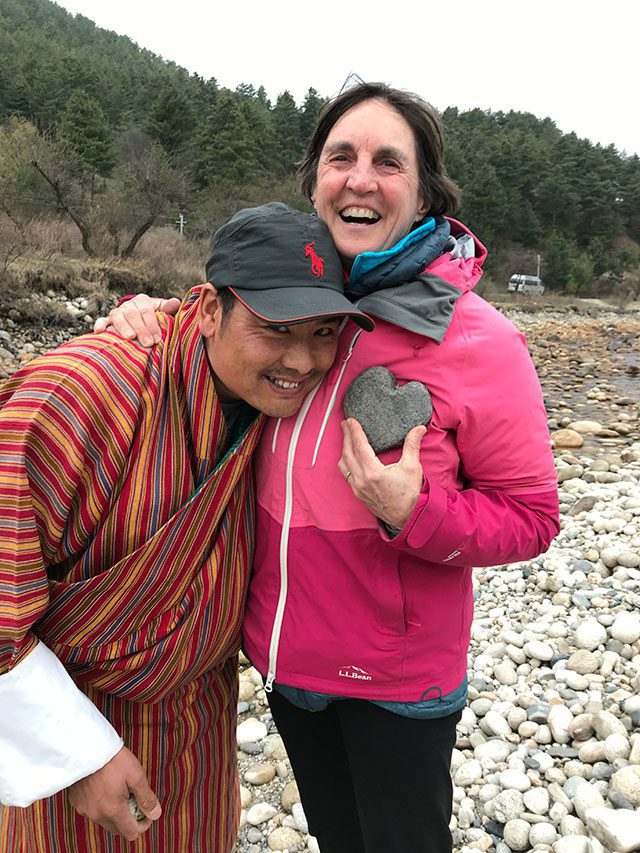
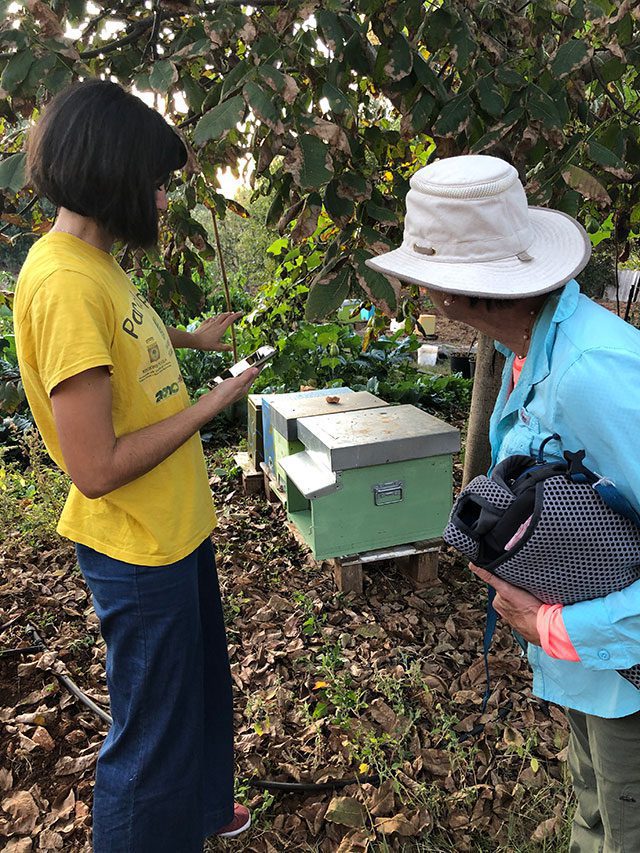
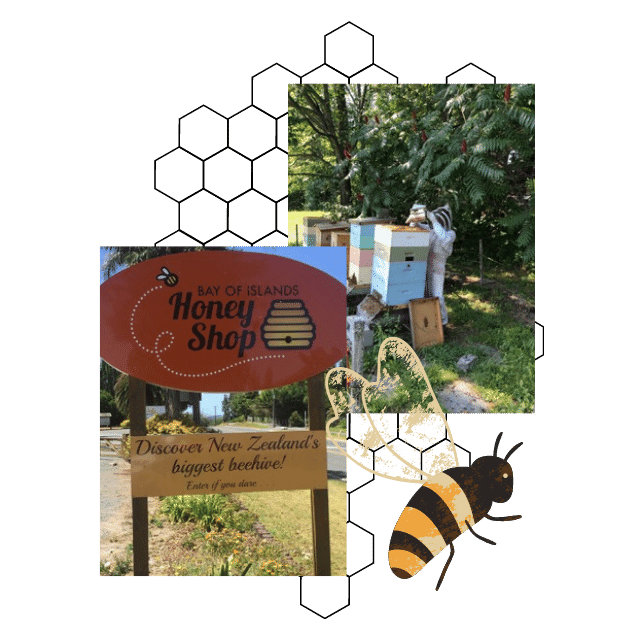









Tita, what an amazing story! After watching Honeyland (Macedonia) I know the methods used are indeed true.